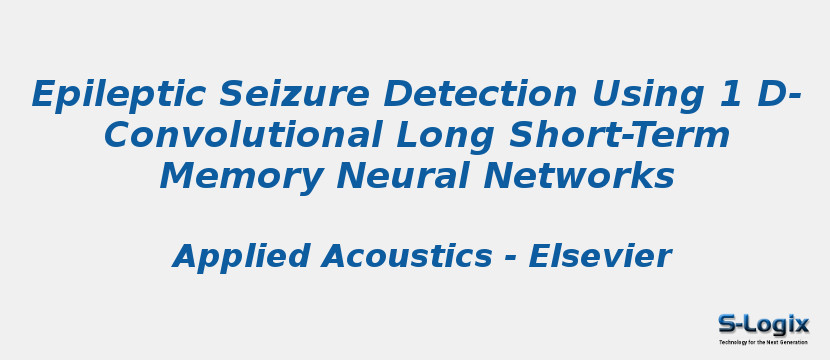Research Area: Machine Learning
Advances in deep learning methods present new opportunities for fixing complex problems for an end to end learning. In terms of optimal design, seizure detection from EEG data has not been completely exploited by current models of deep learning. Most of the previous studies focus on handcrafted feature extraction for seizure detection. However, this method is not generalizable and needs major changes inside a new dataset for each new patient. In this paper, we proposed autonomously generalized retrospective and patient-specific hybrid models based on two types of feature extractors, namely Convolutional Neural Networks along with long short-term memory. The model automatically generates customized features to better classify ictal, interictal, and preictal segments for each patient and make it ideal for real-time. The procedure can be extended to any patient from Freiburg epileptic seizure database without the need for manual feature extraction. The method decomposed the EEG signals into time-based, frequency-based, and time–frequency-based features that were tested and compared in 21 subjects. Three forms of experiments including two binary classification problems and a ternary classification were performed to investigate the feasibility of the proposed approach. Using the time–frequency domain signals an average accuracy of 99.19%, 99.27%, and 95.04%, with frequency-domain signals, average accuracies of 96.64%, 95.75%, and 93.42% while with time-domain signals an average accuracy of 94.71%, 93.99%, and 90.53% was obtained. Our work shows that the combined use of CNNs and LSTMs by integrating spatial and temporal context along with time–frequency domain signals can significantly improve the accuracy of seizure detection.
Keywords:
Author(s) Name: Waqar Hussain, Muhammad Tariq Sadiq, Siuly Siuly, Siuly Siuly
Journal name: Applied Acoustics
Conferrence name:
Publisher name: Elsevier
DOI: 10.1016/j.apacoust.2021.107941
Volume Information: Volume 177, June 2021, 107941
